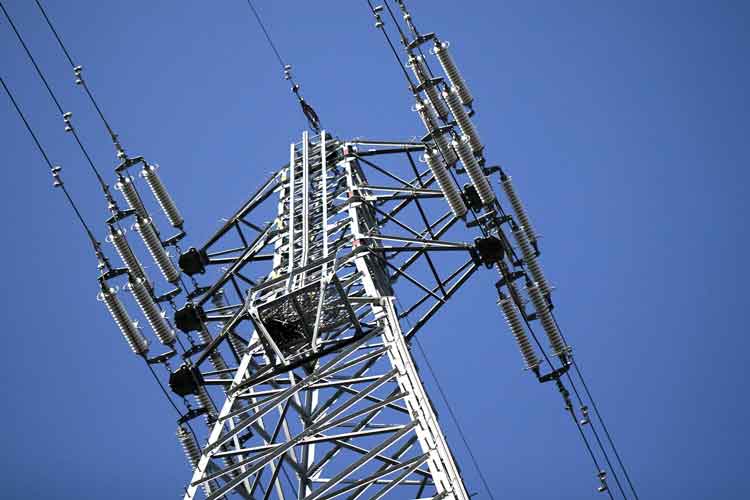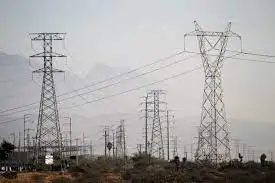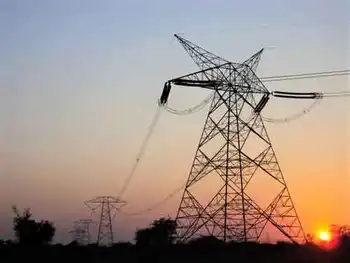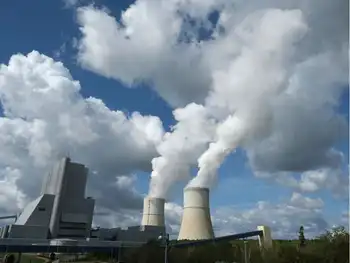EPA may reverse Bush and limit carbon emissions
By Washington Post
Protective Relay Training - Basic
Our customized live online or in‑person group training can be delivered to your staff at your location.

- Live Online
- 12 hours Instructor-led
- Group Training Available
The decision could mark the first step toward placing limits on greenhouse gases emitted by coal plants, an issue that has been hotly contested by the coal industry and environmentalists since April 2007, when the Supreme Court ruled that carbon dioxide should be considered a pollutant under the Clean Air Act.
The industry has vigorously opposed efforts to regulate those emissions, asserting that the policy should be set by Congress. Moreover, technology for capturing carbon dioxide emissions is expensive and virtually untested.
Environmental groups, however, say that building new coal plants with conventional technology locks in additional greenhouse gas emissions for the entire 30- to 40-year lifetimes of the power plants, making it difficult to slow climate change. They have been urging the Obama administration and state governments to use the Supreme Court ruling to block air pollution permits for new coal-fired power plants and to rely on renewable energy and energy-efficiency measures to meet power needs.
In response to a Sierra Club petition involving a permit for a coal plant in Bonanza, Utah, EPA Administrator Lisa P. Jackson said yesterday that the agency would take a new look at the issue and solicit public comment. Jackson added that the memorandum issued by her predecessor, Stephen A. Johnson, two months ago should not restrict states weighing air pollution permits for new coal plants.
"It couldn't be a bigger turnaround from what the Bush administration tried to force on them at the last minute," said Josh Dorner, a spokesman for the Sierra Club, noting that the EPA's Environmental Appeals Board had ruled in November that utilities needed to take carbon dioxide emissions into account when applying for permits. "It... throws all these projects up in the air. A coal plant was already a bad bet for ratepayers and investors, and now it's a huge gamble."
In a carefully worded letter, Jackson said any authority considering whether to grant an air pollution permit to a coal-fired utility "should not assume the [Johnson] memorandum is the final word on the appropriate interpretation of the Clean Air Act." But she did not issue a stay on the Bush administration memorandum.
Coal industry advocates found some hope in that distinction, saying Jackson's move may not signal a push for new regulation. Washington lawyer Jeffrey R. Holmstead, a former EPA official in the Bush administration, said, "It's kind of a clever procedural move that allows the Obama folks to say that they are distancing themselves from the Johnson memo without changing anything. It says they need to go through a rulemaking process to figure out how they are going to regulate carbon."
John Stowell, vice president for environmental policy for Duke Energy, one of the nation's largest utilities, said he "wasn't surprised" by the announcement. Industry officials expect the federal government to impose a cap on greenhouse gas emissions, he said, and are hoping that Congress will adopt an economy-wide plan rather than relying on the executive branch to target specific sectors.
"It serves as a reminder that it's coming, but we still expect it to be done through the legislature and not the regulatory process," he said, noting that Sen. Barbara Boxer (D-Calif.), Rep. Henry A. Waxman (D-Calif.) and others have signaled that the committees they chair will pass climate legislation by the end of the year. "They're all saying it's urgent. The president's saying it's urgent — 'We're going to get it done this Congress.' And I believe them."
Jackson's letter could prompt some state authorities to reassess how they grant air pollution permits to new plants. LS Power plans to build the 1,590-megawatt White Pine Energy Station in Nevada, and state officials recently issued a document warning that if Johnson's memo were withdrawn or revised before the permit had been issued, they would "suspend further action on the permit application until that application is made consistent with EPA's revised position."
Vicki Patton, deputy general counsel for the Environmental Defense Fund, an advocacy group, said the new administration had sent a broad message to utilities: "They're signaling clearly that the government is fundamentally rethinking the policy of an appropriate approach to regulating global warming from new coal plants."











